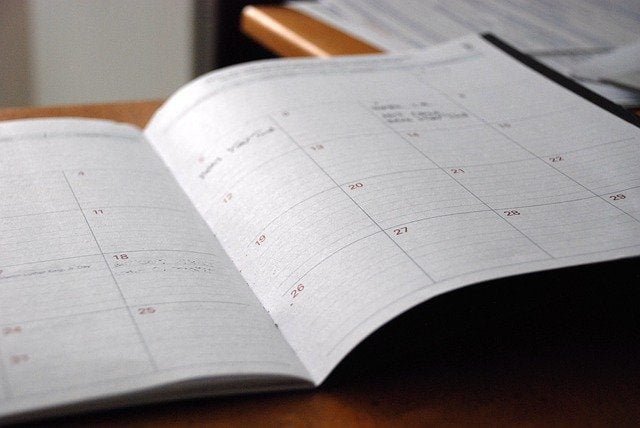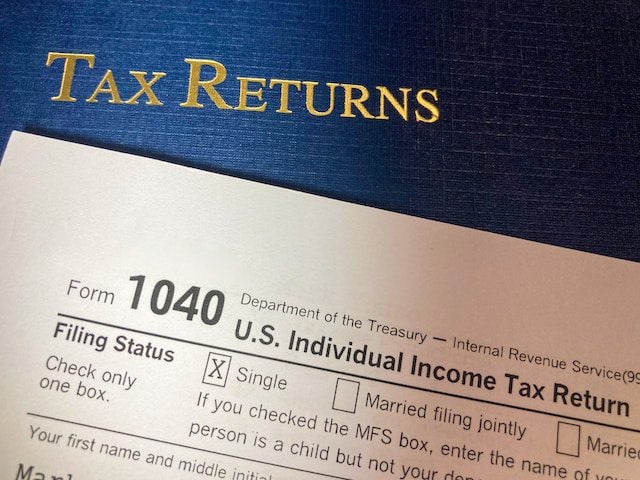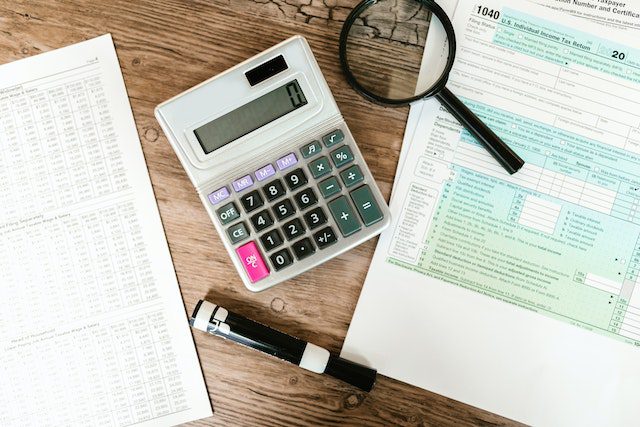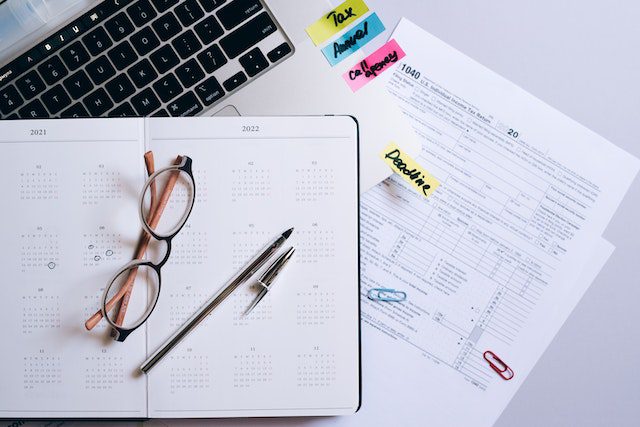IRS Examination Appointment – Nailed It
Imagine walking out the door of your IRS examination appointment (court summons) with a lilt to your step, thinking to yourself, Nailed it. Here’s how to make that happen.
What is an IRS examination appointment? How do you know if you have one?
The IRS uses a method or a process called auditing to encourage compliance with the US tax code. An IRS audit is an official examination of your financial information and tax documents to ensure that your taxes have been filed correctly. A tax audit will also verify that the reported amount of tax is correct. The IRS audits some citizens on a random basis, and the IRS also audits some citizens because of red flags in their tax file. The initial audit request is for proof of the accuracy of your initial return.
If you refuse to send the requested proof or if you have failed to pay taxes, the IRS will next send you another letter asking you to address the discrepancies or pay the tax you owe. The IRS will assume that if no proof has been provided, then the original file was incorrect. The IRS will assign penalties and propose an adjusted tax amount owed in the so-called 90-day letter. The letter will give you 90 days to either pay the IRS in full or file a petition with the US Tax Court.
If these 90 days pass and you have not complied, your audit will be closed. The end of your audit is not good news. The ending of your audit in this manner means the simultaneous beginning of an IRS collections process. At this point, you have forfeited your right to petition the US Tax Court.
In some situations, if you have not complied within these 90 days, the IRS may send a letter requesting an appointment. You may respond to the letter and schedule an appointment in the manner outlined inside the correspondence. If you fail to show up for this appointment, or if you did not schedule the appointment as requested, the IRS has the authority to request a legal summons from a judge. The legal summons is an examination appointment which you are legally required to attend. Failure to participate in this summons date results in severe consequences and penalties.
What if I have scheduled the appointment but forget about it? What if I could not attend for health reasons or because of unforeseen circumstances of any type?
If you miss an appointment that you voluntarily scheduled, you will likely be allowed to reschedule. However, if you miss an appointment scheduled for you (i.e., legal summons), the consequences will be more severe. In the latter situation, you could be charged with contempt of court (civil). This means that any jail time you receive as punishment will be removed if you begin complying with the summons; however, any associated fines will not be returned. If the judge deems you to be exhibiting malicious and deliberate attempts to obstruct the court processes, however, you may be charged with contempt of court (criminal). A criminal contempt charge carries more severe punishments than a civil contempt charge.
It may be some relief to realize that you are not legally required to attend the appointment yourself. You may send a tax representative in your place. A tax settlement service can provide a representative who is authorized to attend this appointment in your place. Of course, if you wish, you may accompany your representative to the meeting.
How can I get the best outcome once I’ve received a court summons or examination appointment?
Understanding the process and complying with the IRS will get you the best outcome. You can minimize penalties and reduce the amount of time it takes to resolve your situation by following these suggestions:
-
- Be proactive. Don’t put another letter in the top drawer and hope it will disappear. It’s time to solve this problem before it gets worse.
- Hire a reputable tax professional to represent you to the IRS. A tax resolution specialist knows your rights and how to protect them.
- Once you’ve retained a tax professional, then follow their advice. Your tax professional can’t help if you ignore their advice any more than a feast will fill your stomach if you look without eating.
- Let your tax professional handle all the contacts with IRS. He or she will know the protocols, the deadlines, and the government relief programs that may apply to your situation. Your tax professional will know what to do if you can’t keep an appointment or if you don’t currently have enough money to pay the IRS what you owe.
Is there ever a situation in which my outcome will be improved if I ignore a court summons?
Your tax professional may recommend that you consider a noncompliant strategy to your audit participation in very rare circumstances, including a possible strategy of disengagement, silence, or protest. For example, if there are criminal implications at play, silence may be one viable response strategy. Again, this situation would be the rarest occasion.
How do I know if I’ve nailed an examination appointment?
One way to know you’ve nailed an examination appointment is to have the appointment end a period of indecision and turmoil and begin a new period of freedom. In the best-case scenario, you won’t even have been troubled with attending the appointment yourself, but you sent a trusted tax professional. You now have put a challenge behind you and may enjoy the sense of relief and triumph that comes from tackling a complex problem, finding closure, and moving forward. When you sense that you have put a challenge in your past, you’ll know you nailed the examination appointment.







